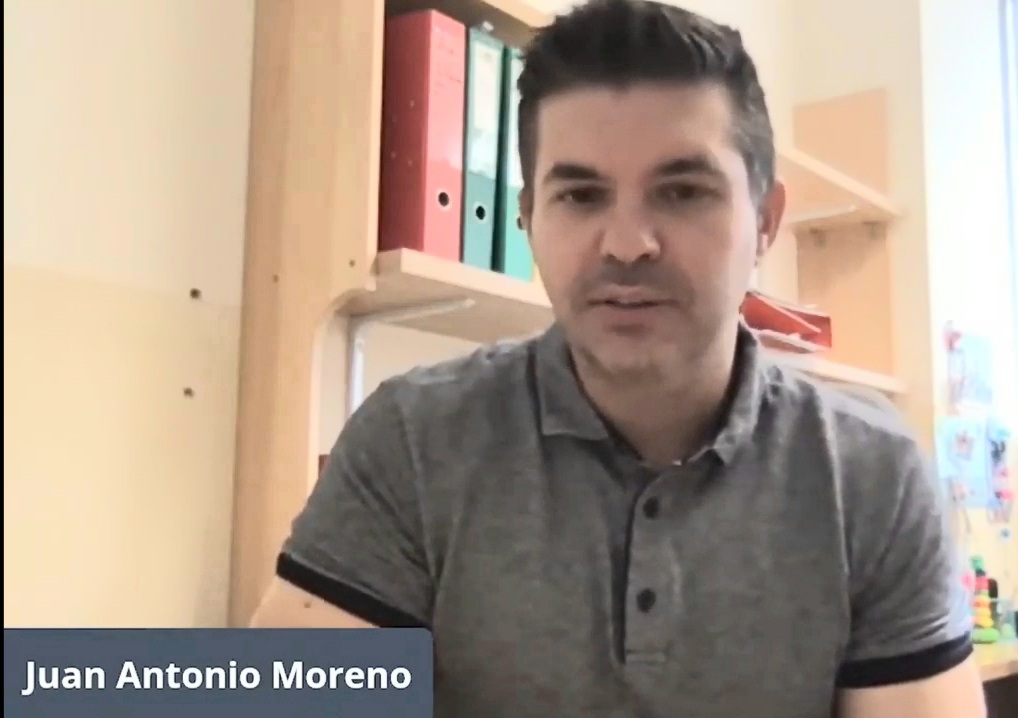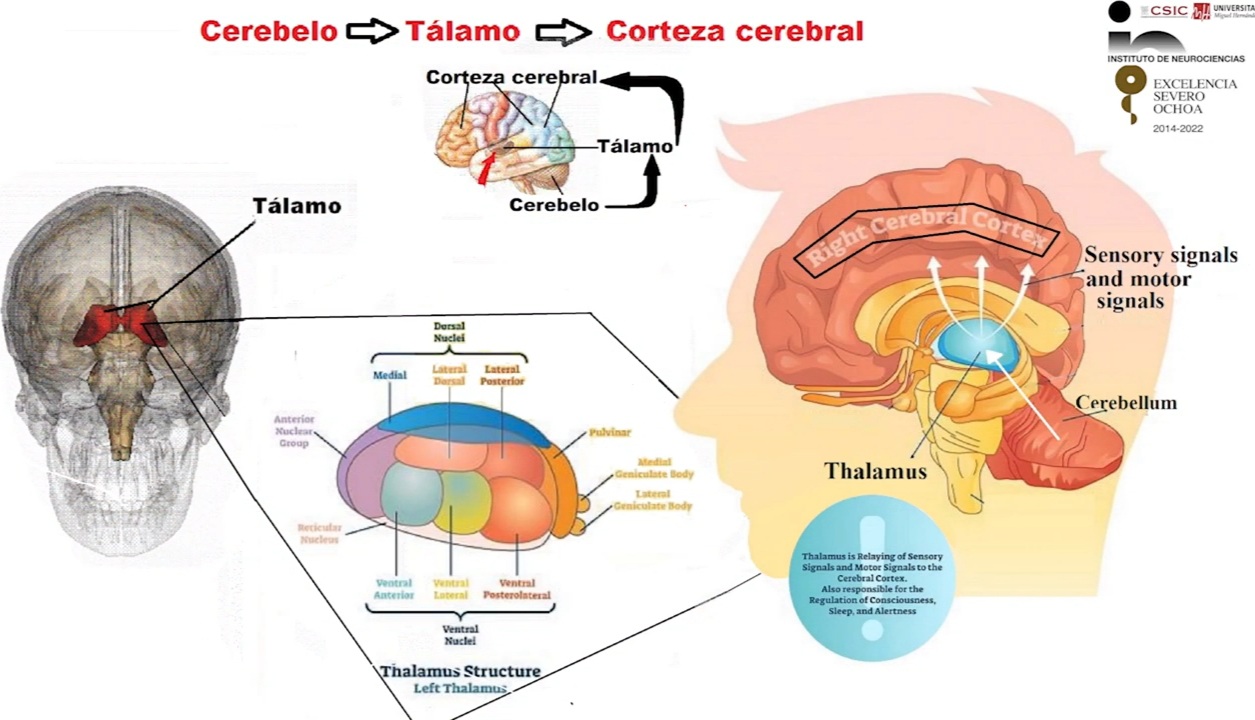- Dr. Moreno-Bravo UMH-CSIC Neurosciences Institute in Alicante obtains €1.5m grant for Cerebellar control of Cortical Development (CERCODE)
By Andrew Atkinson
Doctor Juan Antonio Moreno-Bravo, from the UMH-CSIC Neurosciences Institute in Alicante, has obtained a Starting Grant from the European Research Council, endowed with €1.5m for project “Cerebellar control of Cortical Development (CERCODE)”.
This funding included within the pillar of Excellence of the Horizon 2020 research and innovation programme, will allow Doctor Moreno-Bravo to set up his own laboratory to study over five years how the cerebellum can influence the development and functioning of the cortex brain, leading to neurodevelopmental disorders such as autism.
Although the cerebellum is essential for motor function, it also plays a fundamental role in cognitive development and social behaviour, two functions that are mainly associated with the cerebral cortex.
Early alterations in the cerebellum have been shown to lead to neurodevelopmental pathologies that present cognitive deficits, such as autism spectrum disorders.
“We believe that these cerebellar dysfunctions produce, remotely, cortical alterations and, in turn, could be the cause of some of the cognitive deficits associated with these developmental disorders of the nervous system”, said Dr. Moreno-Bravo.
The cerebellum is connected to the cerebral cortex through the thalamus, through neural circuits that are formed during early stages of development. The thalamus is a symmetric structure located in the centre of the brain, approximately the size of two small walnuts joined by the medial-anterior part.
It works as a kind of repeater station that controls the information that reaches the brain from the senses to send it to the cerebral cortex, where it will be processed.
Precisely the study of the connections between the thalamus and the cerebral cortex is one of the research lines of the laboratory of Dr. Guillermina López-Bendito, in which Dr. Moreno-Bravo has carried out his research work in the last year.
Dr. Moreno-Bravo will continue his own line of work to develop the CERCODE project at the head of a new research team.
In order to understand how the cerebral cortex responds to alterations in the cerebellum, in Dr. Moreno-Bravo’s new laboratory a series of animal models will be generated, in which the connectivity of the cerebellum will be affected during embryonic development.
“This will allow us to study, with a multidisciplinary and innovative approach, the impact of cerebellar abnormalities on the cerebral cortex.
“Defining these mechanisms is essential to understand the involvement of the cerebellum in various neurodevelopmental pathologies,” said Dr Moreno-Bravo who has a degree in Biology from the University of Valencia (2003-2008).
In 2015, he obtained a doctorate from the Alicante Institute of Neurosciences UMH-CSIC with a Cum Laude qualification.
Between 2015 and 2018, he carried out a postdoctoral stay at the Institute of Vision in Paris, supervised by Dr. Alain Chédotal, an expert in the development of neural circuits, where he laid the foundations of the line of research that is now going to start thanks to the ERC Starting Grant you just received.
In 2019, at the Alicante Institute of Neurosciences, he joined the laboratory of Dr. Guillermina López-Bendito as a postdoctoral fellow.
Dr. Moreno-Bravo has published 16 articles in top-level journals, such as Nature, Neuron or Development and has a Ramón y Cajal contract (2020-2025), from the Ministry of Science and Education.
Dr Moreno-Bravo previously developed research activity with other prestigious grants such as Marie Sklodowska-Curie Individual Fellowship (MSCA-IF) (2019-2020) of the European Commission, H2020; Severo Ochoa Postdoctoral Contract (2019), from the Institute of Neurosciences of Alicante and a JAE-Predoc predoctoral grant (2010-2014) from the CSIC.







